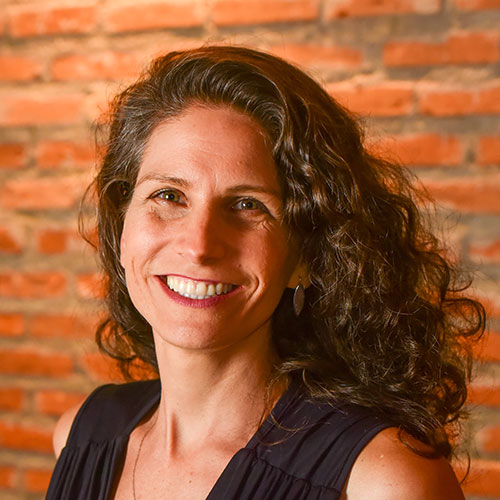Projeto Mulheres Inspiradoras strengthens education against sexism
Reading works written by women transforms students, schools and territories
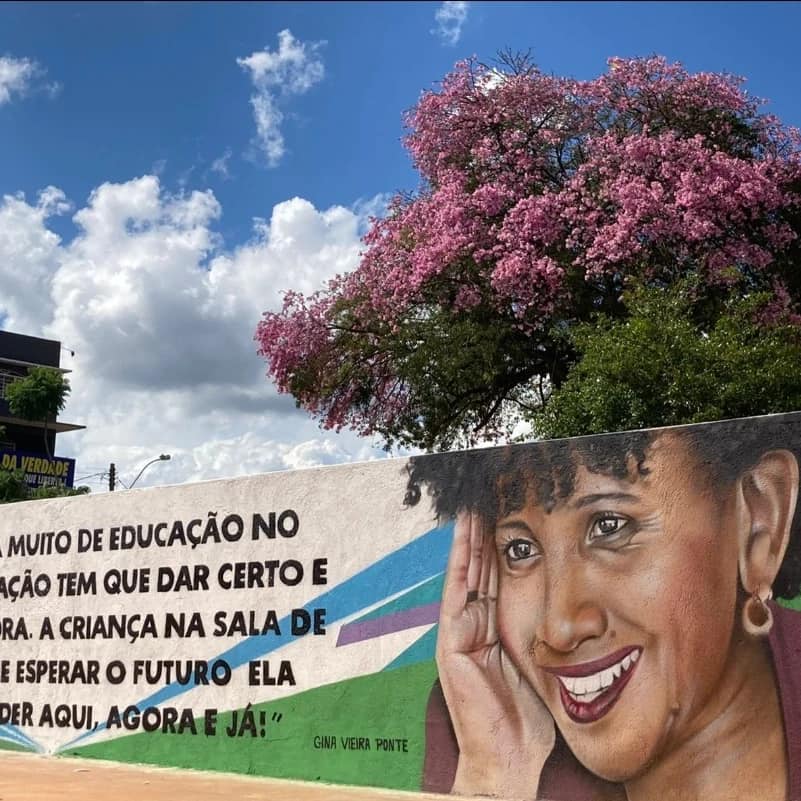

Based on reading works written by women throughout the school year, the Projeto Mulheres Inspiradoras began in a public school in Ceilândia, on the outskirts of the Distrito Federal, in 2014. In these 9 years of operation, it expanded its activities to other schools in Brasília, received several national and international awards and became local public policy. Today, it is also present in schools in Mato Grosso do Sul and Mozambique, in Africa.
“The patriarchal culture tells women that they must be only and only sexually desirable to be validated and points to motherhood and marriage as the only paths for their development and fulfillment. I wanted to announce to the girls other identity possibilities, other places for them to occupy”, says the elementary school teacher, Gina Vieira, creator of the Projeto Mulheres Inspiradoras.
The experience of more than 20 years in the classroom, combined with the desire to transform the education system also motivated the project. “I wanted a more attractive, libertarian, human and emancipating school, a different school where students wanted to be”, she recalls. Of the 15 awards received by the project, there are the International Human Rights Award, Iberoamerican Award, Teachers of Brazil Award and Building Gender Equality Award.
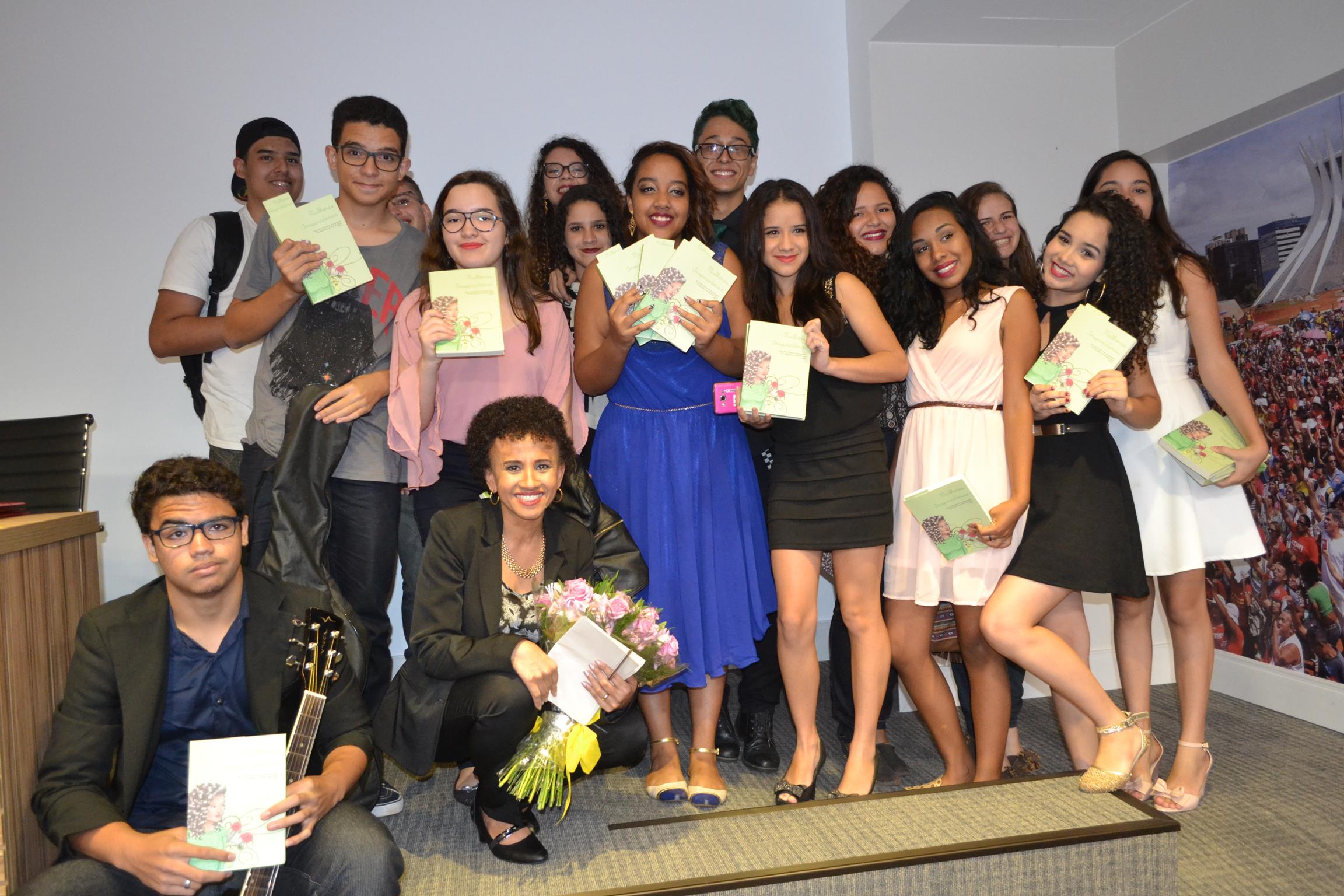
Recognition for the beautiful work demonstrated the importance of discussing gender issues at school. And the need to work on education from an ethnic and feminist perspective. “Since childhood, girls have their affections colonized to believe that they can only dream of subordinate places. Culture, even today, leads girls to dream of an enchanted prince who will save them”, explains teacher Gina.
She says that some teachers and students initially resisted the idea because they didn’t believe that gender was an issue to be debated at school. “Due to all the structural and historical questions of education, the teacher often underestimates the student’s intelligence and the youngster’s alienation is produced by the school itself”, she says. For this reason, the Projeto Mulheres Inspiradoras focused especially on learning.
“In Brazil, there is a notion that education is just teaching content and these contents are presented separately from life experience itself, from the perspective of an instructionist education. In addition, we have a curriculum that presents only men as protagonists of History, there is a predominance of male representation in books and teaching materials”, she says.
From Malala to Cristiane Sobral
The project started with five ninth grade classes at the CEF 12 school in Ceilândia. In that initial moment, boys and girls would read works written by young women like Anne Frank and Malala, black women like Carolina Maria de Jesus and Cristiane Sobral, they also studied biographies of great women in different historical and economic contexts like Cora Coralina, Rosa Parks, Nise da Silveira and Maria da Penha. Afterwards, they met women from the territory and interviewed these women as people who inspired their lives.
“The school teaches to revere Pedro Álvares de Cabral, Cristóvão Colombo, but it does not teach to revere one’s own history, the local history, the community’ story. Therefore, in the last stage of the project, students were encouraged to choose an inspiring woman in their lives, interview this woman, deepen their knowledge of her biography and write about it”, says professor Gina.
The project resulted in the publication of a book. From an immersion process of gender study, reading and authorial writing, the students produced a text in which they tell the life story of these women. The beginning of the project, in 2014, and the publication of the book, in 2016, were both done collaboratively.
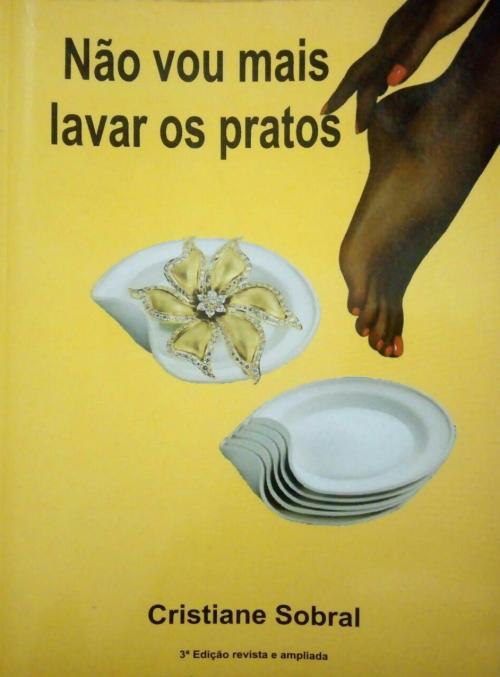

During the initial phase of the project, fathers and mothers contributed a symbolic amount to purchase 30 copies of each work that would be read in the classroom. Readings were taken on wheels and shared between the class. Afterwards, the book was made with the support of people sympathetic to the cause, supportive teams and the teacher herself with her project colleagues.
In 2017, the project became a government program with funding from the Banco de Desenvolvimento da América Latina – CAF. The pilot project was implemented in 15 primary and secondary schools. Professor Gina Vieira became the coordinator of the program, which also started to train teachers so that they could reformulate their own pedagogical practice.
“To change the student, first I need to train the teacher”, explains Gina, who says she faced some discomfort when implementing the project. “It was important for teachers to be able to understand that our education is authoritarian, that it is failing to form the next generations for critical thinking, to change the patriarchal and slave-owning reality that constitutes our country”, she says.
Mulheres Inspiradoras book
Based on an awareness methodology, the students who participated in the project learned how to interview women with their life stories. “They discovered that their mother, grandmother, great-grandmother were much more inspiring than they imagined. Women who were widowed with many children to raise alone, women who worked as coconut breakers in another state, left their families and moved alone to Brasília and today have their own business, many stories were revealed in these interviews”, is moved by teacher Gina .
“When I read the interviews made by the students, I felt privileged to have contact with these stories. The interviews showed the importance of those women for the territory that needed to circulate”, she explains. This material was turned into authorial texts and later compiled in the book Mulheres Inspiradoras.
The book was launched in 2016, at the Sindicato dos Professores, in Brasília. A thousand copies were printed and the edition quickly sold out. “We have to tell the story of the extraordinary women who are in the academy, at the university and in the same way, the women who are at the base of the social pyramid, like black women, who are the mainstay of this country”, said Gina, who reveres the women around herself.
Her mother, a maid, always encouraged her to study and not depend on men. Her teacher Creuza, from when she was still a child and was learning to read and write, showed that black women could also be teachers. Your grandmother, your mother-in-law… The teacher says she was inspired by these women to propose the project. She also documented her life stories alongside the students in the book Mulheres Inspiradoras.
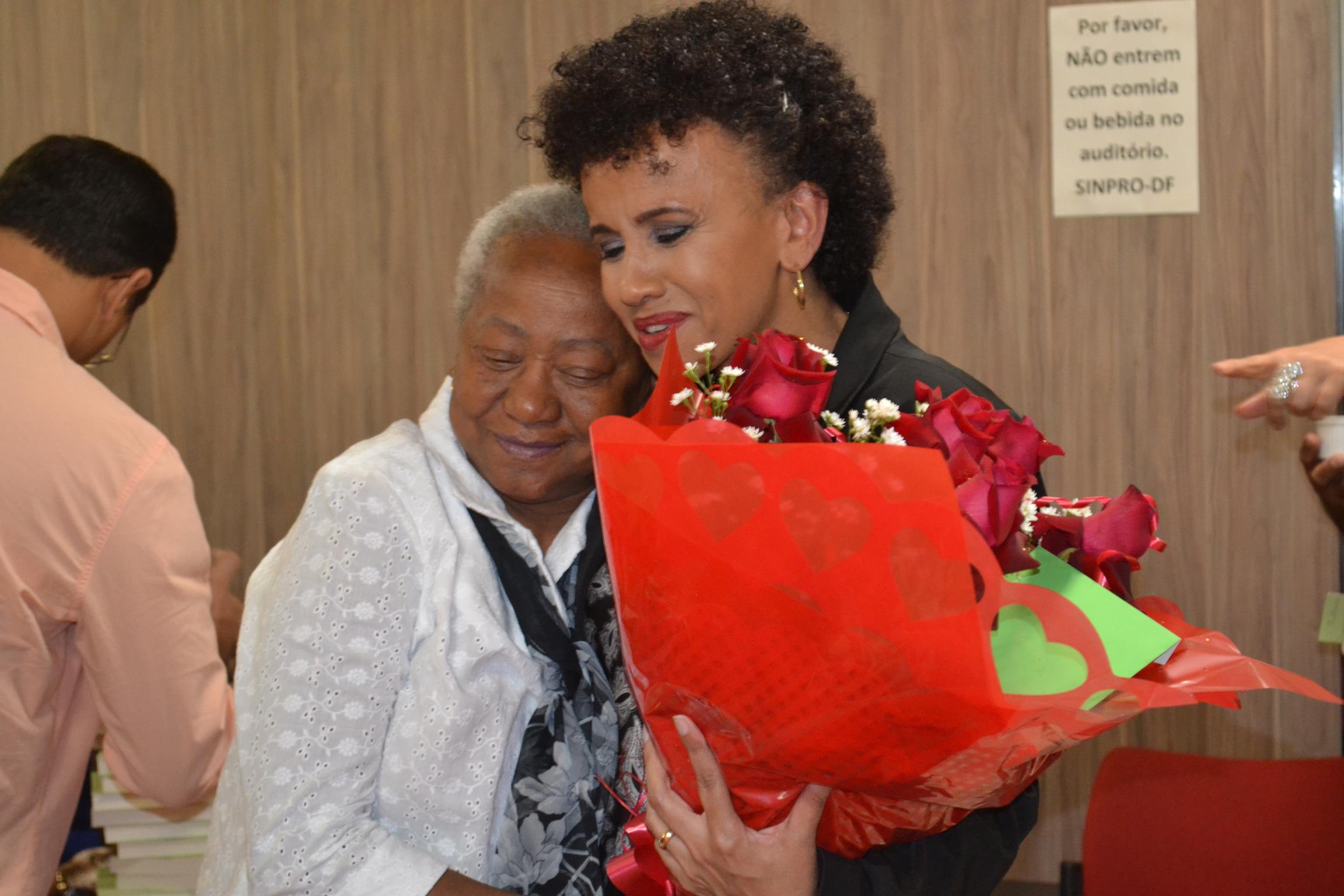

Education against sexism
During the expansion of the project, Gina, who already had the partnership of her supervisor, teacher Vitória-Régia, received the collaboration of other teachers: Ana Cláudia Souza Dias, Bruna Lucena, Cristiane Portela and Valéria Vieira. Bruna Lucena, who specializes in Literature, suggested a new literary path in this phase of the project, to discuss the diaspora of black women. As a result, she included new writers in the collection, especially black, indigenous, peripheral and African women.
In 2021, an ordinance in the Distrito Federal institutionalized the project as a local government program, reaching 50 public schools. A year later, in 2022, however, the Secretary of Education, declared to be ultraconservative, ended the program. “For ultraconservatives, the human rights agenda is irrelevant. We saw this during the previous federal government, which emptied all these agendas within the Ministry of Education, and prioritized projects such as non-party school, home education and civic-military school”, recalls Professor Gina.
Despite this, the idea had already spread and shown that the school is a training space for gender equality. She points out that after the project, important changes took place. Distrito deputy Ricardo Vale proposed the law no. 1.158/2016, which makes it mandatory to work to combat sexism within schools in the DF. The Law of Guidelines and Bases was also amended and made it mandatory for all public and private schools in the country to work towards promoting gender equity, raising awareness of toxic masculinities and the importance of female empowerment.
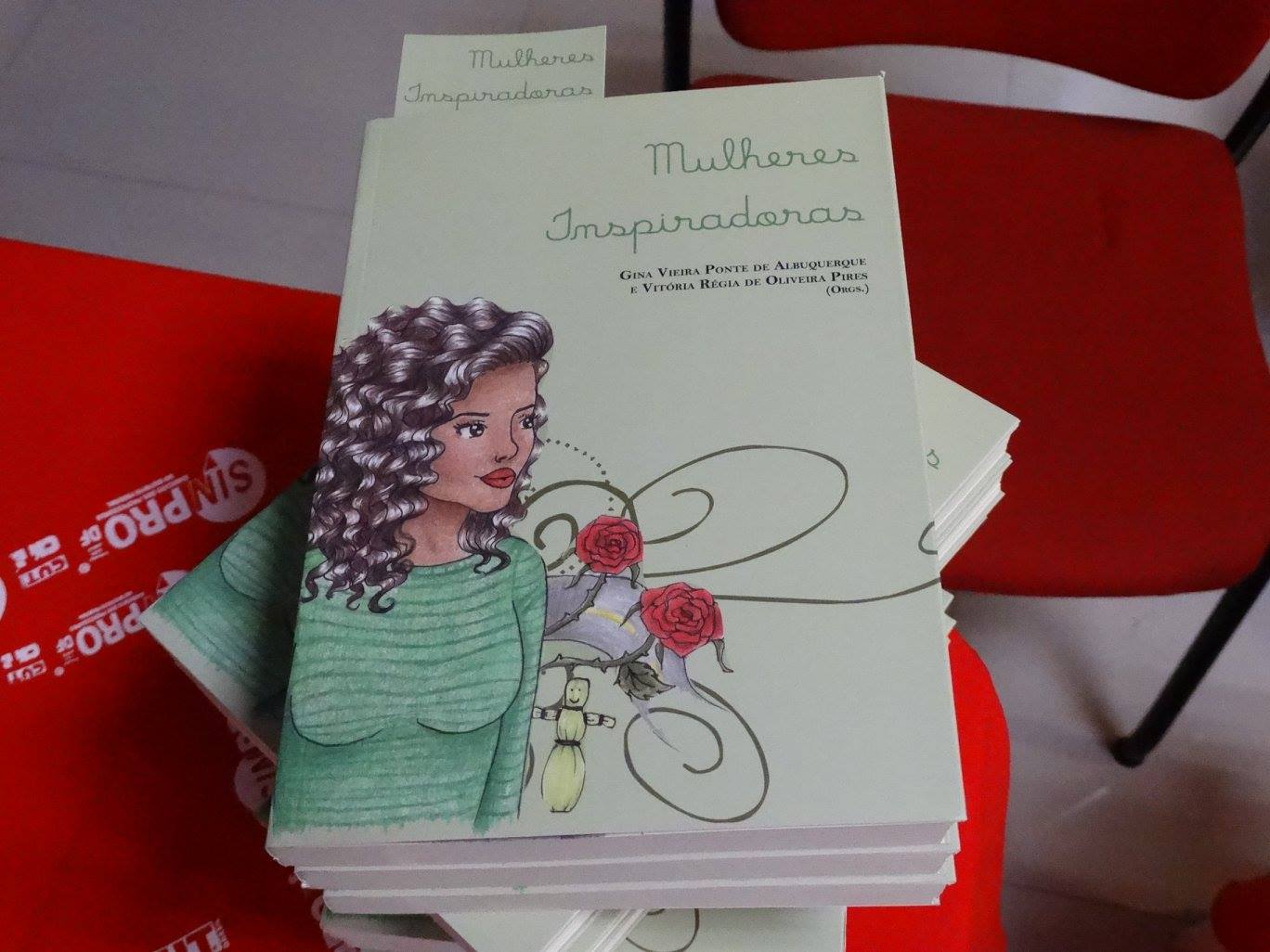

During the expansion of the project, research was carried out on the pedagogy used and its effectiveness. The implementation process of the pilot program was accompanied by three master’s and two doctoral students from the Graduate Program in Linguistics at the Universidade de Brasilia, linked to the Grupo de Pesquisa Educação Crítica e Autoria Criativa (GECRIA). The researchers generated data, reports and made an evaluation report.
Two of the theses were defended in 2022, pointing out that the project actually promoted an emancipatory education capable of involving students and that it is possible to teach content and form a citizen with critical thinking at the same time.
International lectures
Born in Ceilândia, on the outskirts of the Distrito Federal, Gina Vieira graduated in Letters, Portuguese Language and Literature, specialized in Distance Learning and Literacy, and completed a Master’s in Linguistics. “I always taught in Ceilândia and seeing students turn their backs on school was very heavy because for me, being a teacher was more than a trade, I had a social commitment”, she recalls, who says she went into depression and had to reframe the pedagogical practice.
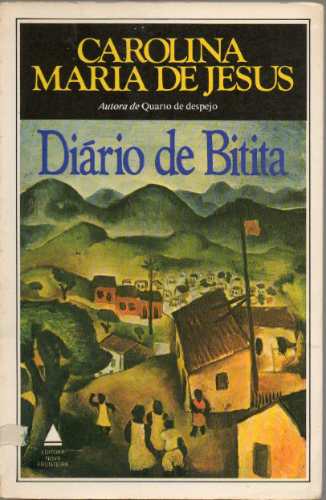

At that moment, she realized how authoritarian the school was and went to work with project pedagogy. This pedagogy argues that the contents need to be taught from the students’ social practice. Before Mulheres Inspiradoras, Professor Gina had already been developing a series of projects based on this pedagogy. The project is the result of this maturation, she clarifies. Since then, the professor has been sought out to talk about the Projeto Mulheres Inspiradoras throughout Brazil and countries abroad.
She gave more than 600 lectures on the project, to a wide range of audiences: professors from the Distrito Federal, at the invitation of Harvard University, other North American universities, the University of Paris, the University of Brasília, several Brazilian universities, gave lectures to young people at catechesis, for Yabás, for the faithful of an evangelical church.
According to the professor, the success of the project lies in the innovative approach. “The project starts on the school floor and overflows because it deals with an issue that is structural, of silencing and subalterning women in culture. In addition to bringing students this reflection on the erasure of women in teaching material, it also innovates pedagogical practice, because it transforms that class that treats students as mere spectators. These students become subjects of the class. They begin to be agents of the pedagogical project, participate in reading circles, debates, authorial writing, make diaries, documentaries, field research, construction of a play. All of this has shown that another school is possible,” she says.
Hope is necessary
“The great achievement of this project was to have announced the teaching profession as a place of power”, says Professor Gina. She retired in 2022 after more than 30 years as a public elementary and high school teacher. For the future, the plan is to transform the project into an institute that supports other schools in the implementation of projects aimed at ethnic-racial equity.
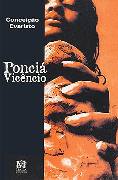

“The classic teacher’s narrative is always associated with pain, suffering and something smaller. When I proposed the project, there was a crystallized discourse of hopelessness and lack of possibilities at the school. It was not an individual speech, it was collective. I understand that teachers are exhausted from this structure of the educational system, which was made to not work, but I didn’t want to go to that place of hopelessness” she recalls.
For Gina, being a teacher is being an agent of change. “The way I dress, how I mediate conflicts, how I use words in the classroom, all of this is educational. The teacher needs to be a source of inspiration,” she says.
Who is your favorite author? I ask to finish the interview. “A woman who inspires me a lot is Conceição Evaristo. She went to a place that is off limits to us, the place of writing. And she built a category that I recognize myself a lot, which is writing. Writing saved me many times. I remember when I was still very young, she suffered violence, racism and there was no space to talk about it. It was writing that saved me. Conceição Evaristo inspires us to understand that we can all write, that writing is announcing our existence, remembering that we exist”, concludes Gina, after a long and emotional conversation.
The project readings
Diary of Anne Frank – Anne Frank
I am Malala – Malala Yousafzai
Eviction room – Carolina Maria de Jesus
I will no longer wash the dishes – Cristiane Sobral
Just for today I will leave my hair alone – Cristiane Sobral
Mirrors, viewpoints, dialectics of perception – Cristiane Sobral
The Barefoot Woman – Scholastique Mukasonga
Ponciá Vicencio – Conceição Evaristo
Bitita’s Diary – Carolina Maria de Jesus
Half face, half mask – Eliane Potiguara
My name is Parvana – Deborah Ellis
* Notice to readers: in celebration of International Women’s Day, Lupa do Bem’s production will focus on issues on women’s rights and empowerment throughout the month of March.
